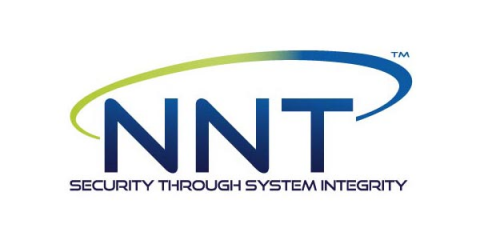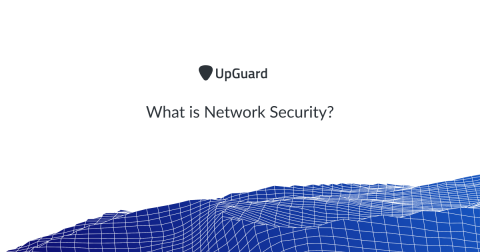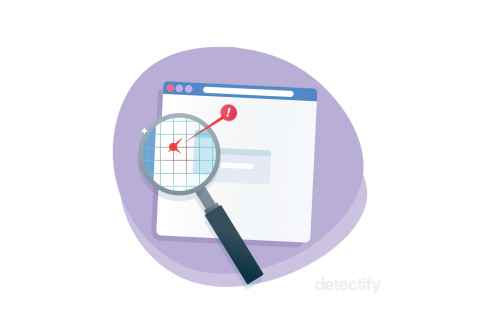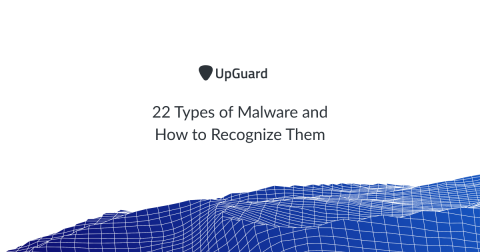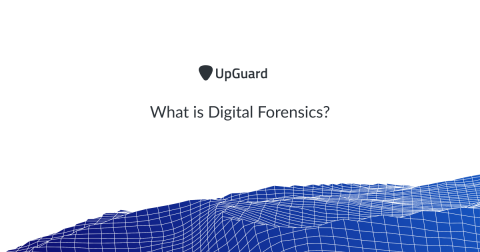Cyber Attacks on UK Businesses Soar 243%
New research has found that cyber attacks on UK businesses increased by 243% over the summer, compared to the same time period in 2018. Hastings-based business ISP, Beaming, found that UK firms experienced 157,528 cyber-attacks each on average between July and September, up from just 45,970 during that same time last year. The company detected over 500,000 unique IP addresses used during the cyber attacks and found that the number originating from China more than doubled since last year.


